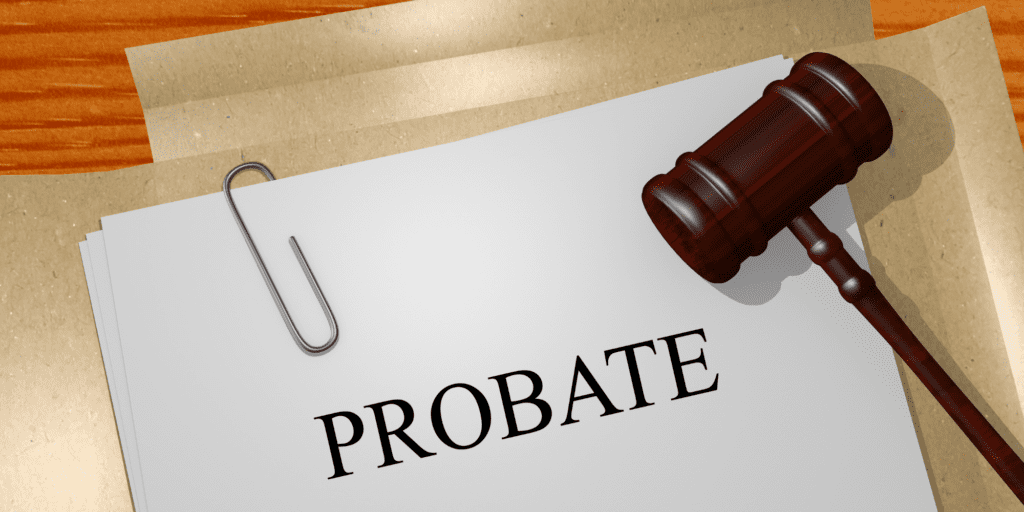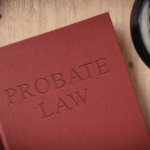
Probate in Massachusetts: What You Need to Know and How to Navigate It
Probate can be a complex and often misunderstood process, especially for individuals and families dealing with the passing of a loved one. In Massachusetts, understanding the intricacies of probate is crucial. In this guide, we will breakdown the probate process, answering key questions and providing insights on how to navigate it effectively.
Do I Need Probate If I Have a Will?
One common misconception is that having a will means your estate will not go through probate. However, the presence of a will doesn’t automatically bypass the probate process. In fact, a will typically needs to be validated by the probate court. Probate is the legal process where a court oversees the distribution of a deceased person’s assets. If you have a will, it will guide the court on how to distribute your assets, but the probate process is still necessary to ensure the will is legally valid and to handle any disputes that may arise.
How Do I Avoid Probate?
While not all assets are subject to probate, there are strategies to minimize the assets that go through this process. One common method is establishing a living trust. Assets placed in a living trust are generally not subject to probate, allowing for a smoother transition of property to beneficiaries. Joint ownership of property, designating beneficiaries on financial accounts, and having assets in payable-on-death or transfer-on-death accounts are other ways to avoid probate. By carefully planning your estate and understanding Massachusetts laws, you can significantly reduce the assets that go through probate.
If I Need Probate, How Does It Work?
If probate is necessary, the process typically begins when the deceased’s will is filed with the probate court in the county where they lived. If there is no will, the court will appoint an administrator to distribute the assets according to Massachusetts intestacy laws. The court will validate the will, and an executor or personal representative will be appointed to manage the estate. The executor’s responsibilities include inventorying assets, paying debts and taxes, and distributing the remaining assets to beneficiaries as outlined in the will (or according to state law if there is no will).
During probate, potential creditors are notified, allowing them a specified period to make claims against the estate. Once all debts, taxes, and expenses are settled, the remaining assets are distributed to the heirs or beneficiaries. The probate process can vary in duration based on the complexity of the estate and any legal challenges that arise.
In summary, having a will doesn’t negate the need for probate, but careful estate planning, including the establishment of trusts and understanding joint ownership options, can help minimize the assets subject to probate. If probate is necessary, working closely with an experienced probate attorney is crucial. They can guide you through the process, ensuring that your loved one’s final wishes are respected and the probate proceedings are handled efficiently and according to Massachusetts law.
You can contact us at Falco and Associates P.C. for a no-cost consultation here.







